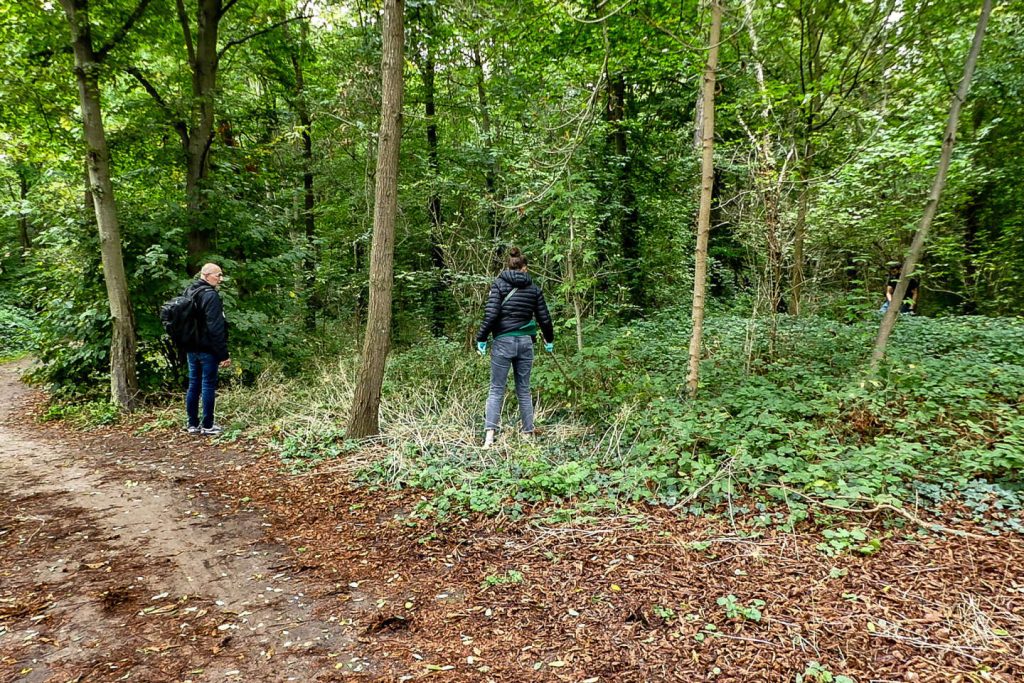The body of a young woman named Philippine was discovered on September 21, 2024, buried in the Bois de Boulogne in Paris, sparking controversy surrounding immigration. The suspected perpetrator of the murder, a Moroccan man who had previously been convicted of rape and was subject to deportation from France, was arrested in Switzerland on September 24. The Minister of the Interior, Bruno Retailleau, called for a review of the legal framework in light of the case, which has once again reignited debates on immigration policies and security measures.
The extreme right-wing groups immediately seized upon the incident, using inflammatory language such as “francocide” to describe the murder, a term popularized by controversial figure Eric Zemmour. These groups have been organizing poster campaigns and demonstrations, drawing parallels to a similar case in 2023 where a young girl was killed by an Algerian national who was also facing deportation. Even some left-wing figures have joined the discussion, with the leader of the Socialist Party, Olivier Faure, expressing concerns about the handling of potentially dangerous individuals in the French society.
Former President François Hollande also weighed in on the debate, highlighting the issue of deportation orders and the need for more efficiency in enforcing them. Despite the political tensions surrounding the case, the investigation itself has been praised as a “masterpiece” by a judicial source. The police were able to piece together crucial timelines and identify the suspect, Taha O., by analyzing phone records and bank transactions. Taha O. had previously been convicted of rape and other charges, and had only been released from prison in June 2024.
The investigation revealed the intricate details of the crime, with no DNA evidence found at the crime scene. The police worked tirelessly to track down the suspect using data analysis and surveillance techniques. The case highlights the challenges and complexities of dealing with repeat offenders and individuals with a history of violent crimes. The controversial nature of the case has sparked calls for legal reforms and more stringent measures to prevent similar incidents in the future.
The tragic murder of Philippine has once again brought the issues of immigration, security, and justice to the forefront of public discourse in France. The political response to the case has been divisive, with different parties proposing varying solutions to prevent similar tragedies from occurring. The use of inflammatory rhetoric and the exploitation of such incidents for political gain have further polarized the debate, overshadowing the efforts of law enforcement to bring the perpetrator to justice. As the investigation continues, the French society grapples with questions of safety, accountability, and the protection of vulnerable individuals.


